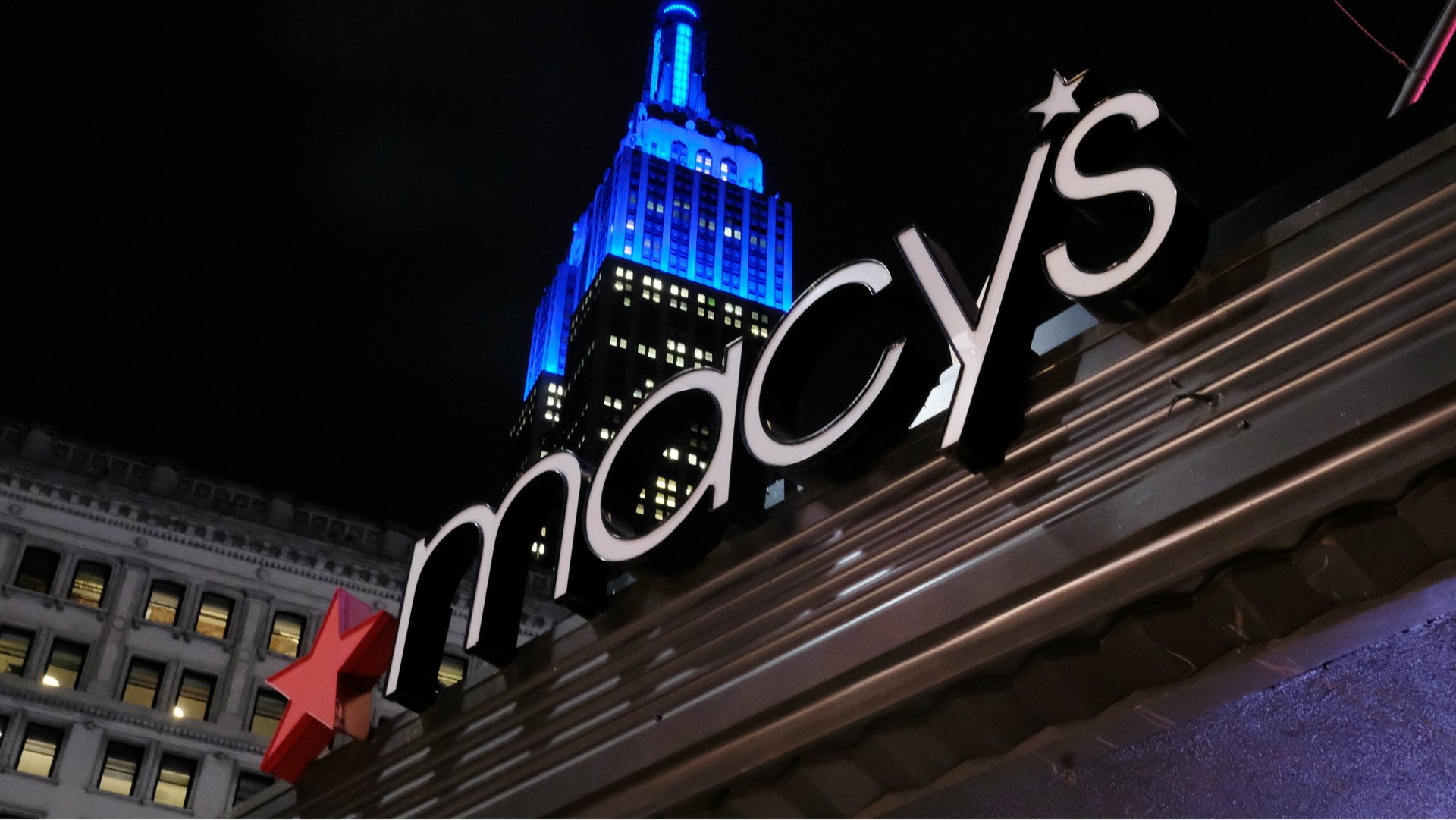A high-profile law firm has filed a complaint alleging Macy’s racially profiles Asian shoppers
Enterprising Chinese who live or travel abroad have built makeshift businesses buying make-up, jewellery, and clothing, among other items, and reselling them on popular online platforms in China like Taobao or WeChat. The practice is known as daigou in Chinese, and by 2015, had built a market estimated to be worth $6.5 billion.


Enterprising Chinese who live or travel abroad have built makeshift businesses buying make-up, jewellery, and clothing, among other items, and reselling them on popular online platforms in China like Taobao or WeChat. The practice is known as daigou in Chinese, and by 2015, had built a market estimated to be worth $6.5 billion.
It might also be shaping perceptions of Asian shoppers.
A complaint recently filed by New York-based law firm Wigdor against Macy’s alleges that managers at its flagship Herald Square department store in Manhattan instructed staff to racially profile Asian customers and limit their buying out of concern that they might engage in online reselling of the goods. The lawsuit was first reported by the NY Post.
According to the filing seen by Quartz, one of the plaintiffs said that her manager once told her bluntly, “Don’t sell to Chinese [customers].” She added that she was instructed to only sell one unit of a product to Asian customers, whereas non-Asian customers could purchase up to six. Another plaintiff leveled similar allegations, claiming that her manager told her that non-Asian customers could purchase eight units of a single item, whereas Asian customers could purchase “fewer than six.” Another recalled her manager stating that she could not sell to a repeat Asian customer within 90 days of his or her last purchase.
According to Wigdor’s complaint, Macy’s requires a manager’s approval on every purchase that involves more than six units of one product.
All four employees were terminated in April 2016, according to the filing, after they complained to the Macy’s union and to managers. Three of the four identify as Asian-American, said the filing.
The suit also alleged that employees in the loss-prevention department at Macy’s would “regularly make Asian customers uncomfortable by conspicuously staring at them through the completion of their transactions.”
The law firm and the plaintiffs argued that the Macy’s managers’ alleged behavior “is based on the discriminatory stereotype that all Asian customers are resellers.”
Macy’s said in a statement to Quartz on Sept. 13 that it denies the allegations in the lawuit.
“Macy’s has longstanding policies and practices that embrace and promote diversity and inclusion and prohibit discriminatory conduct against its customers, employees, vendors and business partners,” the statement said. “We are confident that the allegations in this matter will ultimately be found to be without merit.”
Wigdor has a history of defending clients on claims of racial discrimination. In 2017 alone it has filed lawsuits against Goldman Sachs, Fox News (paywall), and Daisy Soros, the sister-in-law of George Soros on such grounds.
The practice of daigou arose because China has, for a long time, placed steep taxes on imported luxury goods, making them more expensive to buy in the country than outside.
For retailers, however, resellers mean a loss of sales that they should otherwise be making in China—and Macy’s has bet big on China to revive its flagging revenues. In 2015 it opened a virtual store on Alibaba’s Tmall platform, and it reportedly has plans to launch a standalone e-commerce site this year.